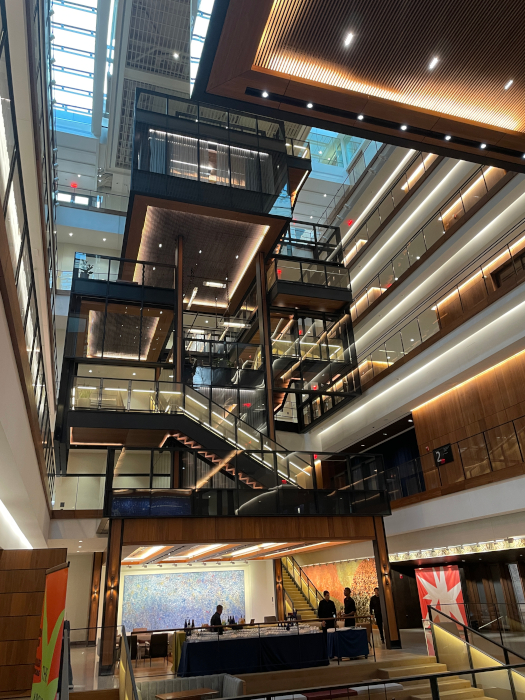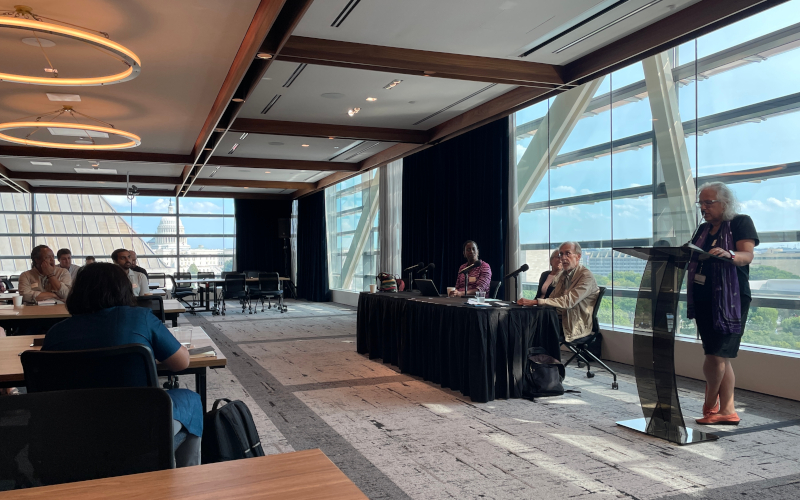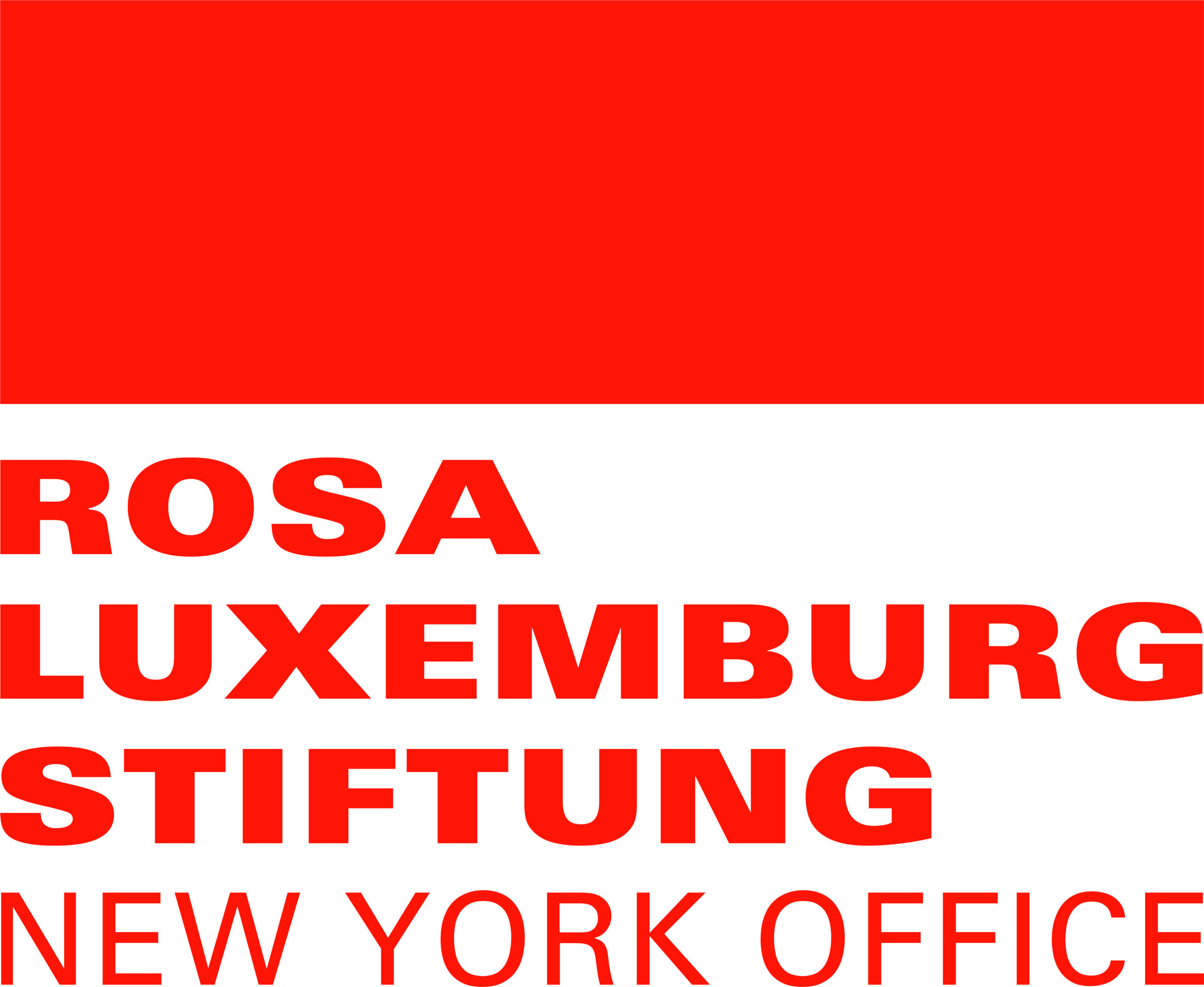The International Association of Strikes and Social Conflicts (IASSC) held its 7th Conference in Washington DC, USA, from 5-6 September 2025.
The conference was organised around the theme Strikes and Social Conflicts in Hostile Environments, jointly by the Arrighi Center for Global Studies, Johns Hopkins University and the International Association of Strikes and Social Conflicts (IASSC).
While workers and other subordinate groups are always operating under conditions that limit their range of action—that is, circumscribing the kinds of protest demands or action repertoires that are considered normative or acceptable—there are historical periods and geographical spaces in which the environment is especially hostile to collective action from below.
Our premise is that we have entered one of these especially hostile periods on a global scale. As such, there is an urgent need to examine and draw lessons from instances in which subordinated groups navigated through, organized in, protested against, and at times, successfully transformed the “hostile environments” in which they were embedded.
Important lessons can be drawn from examining both historical and contemporary instances. Historically, the first half of the twentieth century can be seen as a period of widening/deepening “hostility” on a global scale, with the spread of fascist movements and labor repressive colonial regimes. Likewise, the current global resurgence of fascist and far right regimes and movements in new forms can be understood as marking another period of widening/deepening hostility.
Hostile environments are not limited to these two time periods. Indeed, spatial-temporal unevenness has been a central feature of historical capitalism. For example, in the decades after the Second World War, the apartheid regime in South Africa and military dictatorships in Latin America and East Asia existed at the same time that the right of workers to strike and form independent trade unions were at their height in many core countries. Equally important, workers in the same location (e.g., within the same country, city, workplace) are regularly divided between those who are ruled through consent and those who feel the brunt of the hostile environment—with distinctions drawn along lines of gender, migration/citizenship, race/ethnicity, urban/rural, etc.

Finally, and importantly, even in the darkest periods in world history, there have been local pockets of hope in which successful mobilizations around (and advances of) labor rights and social justice have prevailed. Here, as examples, we might think of the settlements established by enslaved people who had escaped from bondage (marronage); or Rojava, the autonomous polyethnic socialist regime established in northeast Syria in the midst of the Syrian Civil War; or strikes and strike waves under military dictatorships or even those under hostile neoliberal environments.
Conference Program
The conference took place over the course of two days (Friday, September 5 and Saturday, September 6) before an audience of 68 registered participants, of which 20 online. The conference program included three plenary sessions, twenty paper panels organized across five concurrent sessions (approximately 65 research presentations), and social events and receptions at the end of each day.
With the generous support of


